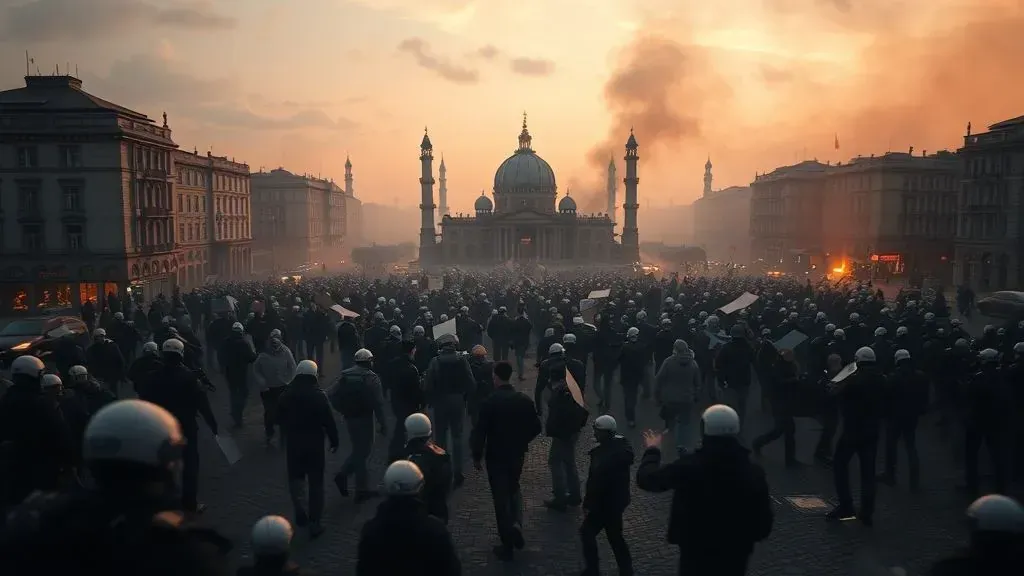
The Gaza conflict has claimed over 41,000 Palestinian lives since October 2023, intensifying global scrutiny on Israel's military operations. Dutch Prime Minister Dick Schoof, now outgoing, addressed these issues in a recent interview amid his government's collapse. This highlights Europe's shifting stance on the Middle East crisis.
Background on the Dutch Coalition
The Netherlands formed a right-wing coalition in July 2024 after prolonged negotiations following Geert Wilders' PVV election win. Dick Schoof, an independent bureaucrat, became PM to bridge ideological gaps among PVV, VVD, NSC, and BBB parties.
Internal tensions simmered over immigration, asylum, and foreign policy, including responses to the Gaza war. These divisions eroded unity, leading to multiple crises.
According to Bloomberg, the coalition faced near-collapses from policy disputes, culminating in a full breakdown.
Schoof's Stance on Gaza and Israel
Schoof condemned Israeli actions in Gaza and the West Bank, calling annexation plans unacceptable. He urged Israel to alter its course for a two-state solution.
In a UN speech, Schoof demanded sanctions and suspension of EU-Israel agreements over humanitarian violations. This marked a firmer Dutch position amid escalating violence.
According to Anadolu Agency, Schoof stressed negotiations as the path to peace, rejecting any territorial grabs by Israel.
The Coalition's Collapse
The government fell after the New Social Contract party exited in August 2025 over disagreements on tougher measures against Israel's Gaza operations. NSC pushed for sanctions, but Schoof and others resisted.
This left the cabinet with minimal parliamentary seats, triggering a no-confidence vote. Schoof labeled the collapse unnecessary and irresponsible.
According to Le Monde, the foreign minister's resignation deepened turmoil, exposing rifts on Israel sanctions within the coalition.
Key Quotes from Experts
Foreign policy analyst Caspar Veldkamp, former Dutch FM, stated he felt constrained in pursuing necessary courses on Israel, per Politico. This reflects internal cabinet deadlock.
Geert Wilders criticized anti-Israel measures as ridiculous, demanding consultation, according to reports from NL Times. His pullout over immigration accelerated the downfall.
Insights from Social Media
Public reactions highlighted divisions, with some praising Schoof's humanitarian focus while others decried perceived weakness.
High-engagement posts captured emotional responses to Gaza imagery.
Analytical Perspective
The collapse underscores how Middle East conflicts influence European domestic politics, straining coalitions with diverse views. Schoof's balanced approach aimed to maintain EU unity but clashed with hardliners.
Voters may prioritize immigration over foreign policy in upcoming elections, per Pew polls showing divided opinions on Israel. This could reshape Dutch alliances.
According to France 24, similar tensions arose from anti-Semitic incidents in Amsterdam, complicating Schoof's tenure.
Future Implications
As caretaker PM, Schoof navigates ongoing crises like NATO commitments and migration. His reflections emphasize dialogue over escalation in Gaza.
The fallout reveals the fragility of right-wing coalitions amid global unrest.
This article underscores the interconnectedness of international conflicts and national stability, offering lessons for policymakers on balancing humanitarian concerns with political realities.



